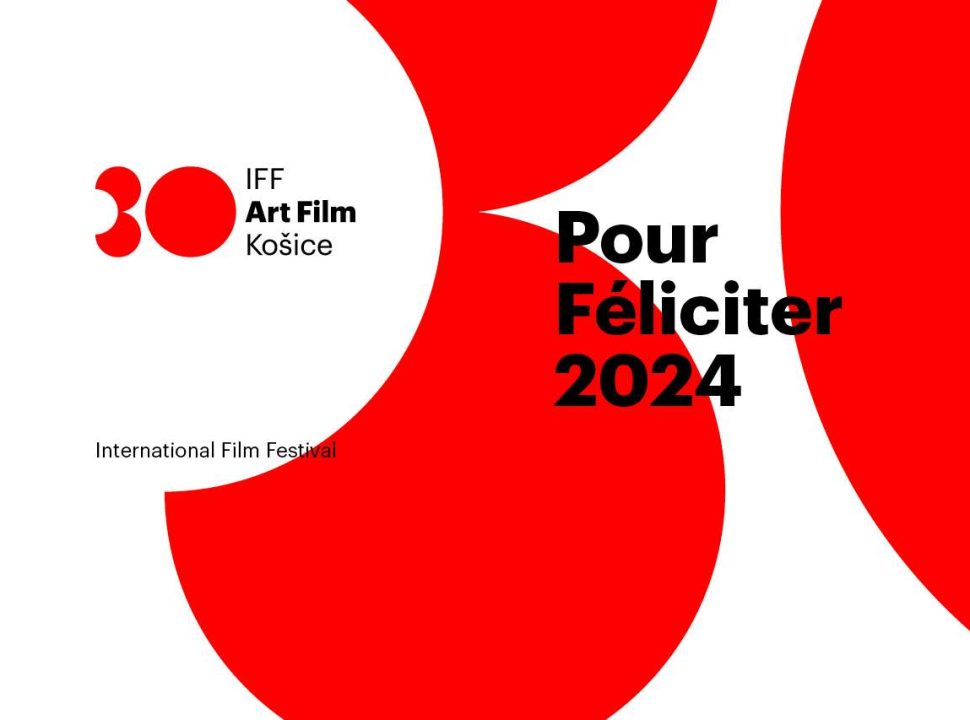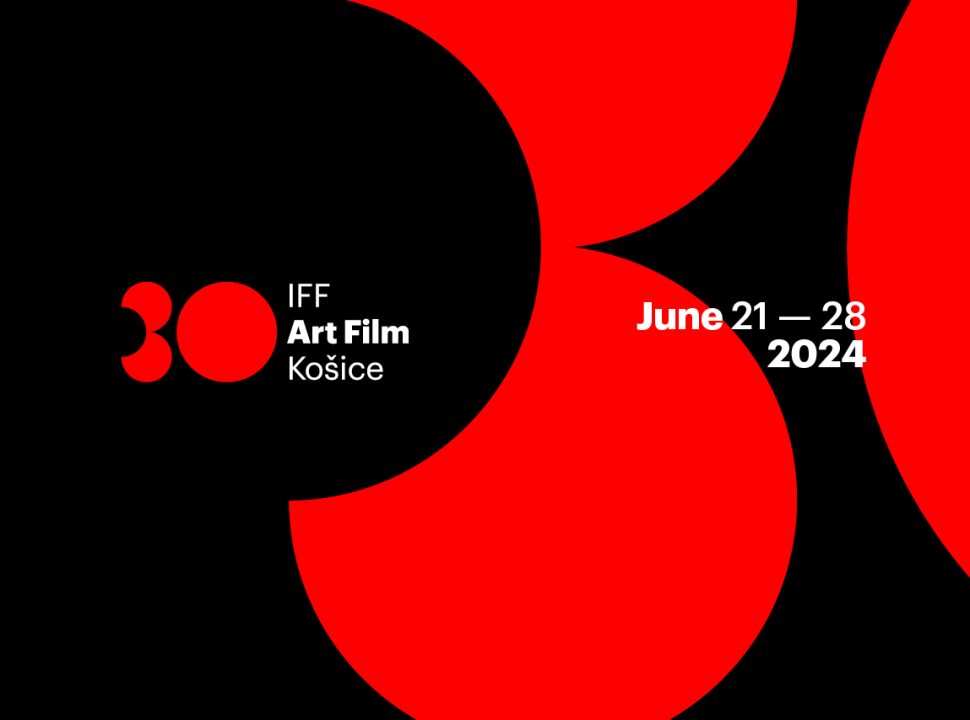You are a filmmaker. At this year’s film festival in Trenčianske Teplice you hold the position of jury chair. What do you think is harder: to judge movies or to be judged yourself? That’s very tricky. I think making films is harder, because to say something or think something like theory is easier. But then if you have to make a film you have something you have time to do, and it changes all the time because you are dealing with feelings and actors, and sometimes what you think you might get, you don’t get.
You started as an assistant to filmmaker King Hu, a master director of kung fu films. Actually I have never followed him at the job, I was only at his office and I left after a few months for work in TV, so I didn’t help him with any location at all.
You made some of your own movies – ghost stories, thrillers, but your best works blends a certain documentary realism with family melodrama – we can call it humanist cinema. I started work in TV and we had to do the job that was assigned to us, and we were assigned to do a job on policemen; we were working on real cases and we had to do research. I worked on that assignment with several other directors, and it was very successful. But it wasn’t my intention to do social dramas, because I like working on kung fu and other more romantic things. And in fact after that when I got into movies first, I was also making crime movies, and then I did kung fu. After thirty more years I found that actually, now I really intentionally try to make these realistic dramas, but before it was assigned to me. You are also a part of the Hong Kong New Wave. How would you characterize this cinematic movement? I came back to Hong Kong in 1975 after film school. At that time several people from film schools all over the world came back to Hong Kong and we all went to television. We did television dramas and at that time the old film studios were crumbling. After TV we were actually out to shoot movies. We shot realistic movies, costume dramas and kung fu and they said it was a “new wave”. But it’s not really a conscious movement. It somehow happened that there were up to ten different directors working in TV and making different types of movies like police, crime stories, and they seemed realistic; they seemed to be a new trend apart from the old costume dramas and kung fu.
What about young filmmakers in Hong Kong? Do they have the proper conditions (finance, talents) to make movies? I think Hong Kong movies arose around 1994 because of the crumbling crises of the markets in Taiwan and even in Korea and Singapore. Malaysia used to constitute the mainstay of the foreign market of kung fu [film] in Hong Kong, but ever since 1993 the market was feted by so many of these, and because of their own development of independent national films of these regions, they started being successful. Korea has been very successful since 1996; they are making better films than Hong Kong. They have their own market and they don’t need to import Hong Kong films. So it is very difficult now to finance films for the Hong Kong market, because even at the box offices Hong Kong is at a standstill now, and the new trend is to have co-productions with China. But I think the new filmmakers coming up from film schools have lots of chances, because now they can make their own films very cheaply on DVD and get noticed at the festivals, and they will be after making a film.



